Introduction
Common household cleaners contain chemicals that can irritate your pet’s skin, respiratory system, or cause poisoning if ingested. Selecting pet-safe products ensures a clean home without risking your furry friend’s health. Below is a guide to safe choices and DIY alternatives.
Hazardous Ingredients to Avoid
Ammonia: Found in glass and window cleaners; fumes irritate eyes, nose, and throat.
Bleach (Sodium Hypochlorite): Corrosive, can cause chemical burns and respiratory distress.
Phenols: Present in pine or lemon-scented cleaners; toxic to cats, leading to liver damage.
Quaternary Ammonium Compounds (“Quats”): Common in disinfectants; can cause skin irritation and respiratory issues.
Phthalates & Fragrances: Linked to endocrine disruption; often found in scented products.
Recommended Pet-Safe Commercial Cleaners
Vinegar & Water Solutions
Use For: Floors, countertops, glass, and mirrors.
Recipe: Mix equal parts white vinegar and water in a spray bottle. Optionally add a few drops of pet-safe essential oil (e.g., lavender) for fragrance.
Tips: Avoid using on natural stone (marble, granite) as acid can etch surfaces.
Enzymatic Cleaners
Brand Examples: Nature’s Miracle, Simple Solution.
Use For: Pet stains and odors—enzymes break down urine, feces, and vomit molecules, eliminating odor at the source.
Application: Spray generously, let sit for 10–15 minutes, blot with a clean cloth, then rinse.
Castile Soap
Use For: General cleaning on floors, dishes, and pet bowls.
Recipe: Combine a teaspoon of liquid Castile soap with a quart of warm water. Use a microfiber cloth to wipe surfaces.
Benefits: Biodegradable, gentle, and free from synthetic fragrances.
Pet-Specific Floor Cleaners
Brand Examples: Better Life, Aunt Fannie’s.
Use For: Laminates, tile, and sealed hardwood.
Features: Non-toxic, plant-based formulas, safe for pets to walk on once dry.
Baking Soda & Water Paste
Use For: Scrubbing grout, stovetops, and pet bowls.
Recipe: Make a paste with baking soda and water; scrub surfaces, then rinse thoroughly.
Benefits: Mild abrasion, deodorizing properties, and no harsh chemicals.
DIY Cleaning Recipes
All-Purpose Cleaner
2 cups water
½ cup white vinegar
½ teaspoon Castile soap
5–10 drops pet-safe essential oil (optional)
Mix in a spray bottle, shake gently, and use on counters or tile.
Carpet Deodorizer
1 cup baking soda
10 drops lavender essential oil
Combine, sprinkle over carpet, let sit for 15 minutes, then vacuum.
Glass & Mirror Cleaner
1 part white vinegar, 1 part water, a few drops of lemon juice in a spray bottle; wipe with microfiber cloth.
Safe Practices
Ventilation: Always open windows when cleaning to ensure proper airflow and prevent inhalation of fumes.
Store Products Securely: Keep all cleaners in locked cabinets or high shelves out of reach.
Follow Label Instructions: Even pet-safe products can become harmful if mixed with other chemicals (e.g., mixing vinegar and bleach releases toxic chlorine gas).
Test First: For DIY recipes, test on a small hidden area to confirm no staining or damage occurs.
Conclusion
Using non-toxic, pet-friendly cleaning products keeps your home sparkling and your pets safe. Whether you choose commercial, certified-safe brands or simple DIY solutions, always prioritize proper ventilation, storage, and usage. A clean home need not compromise your furry friend’s health.

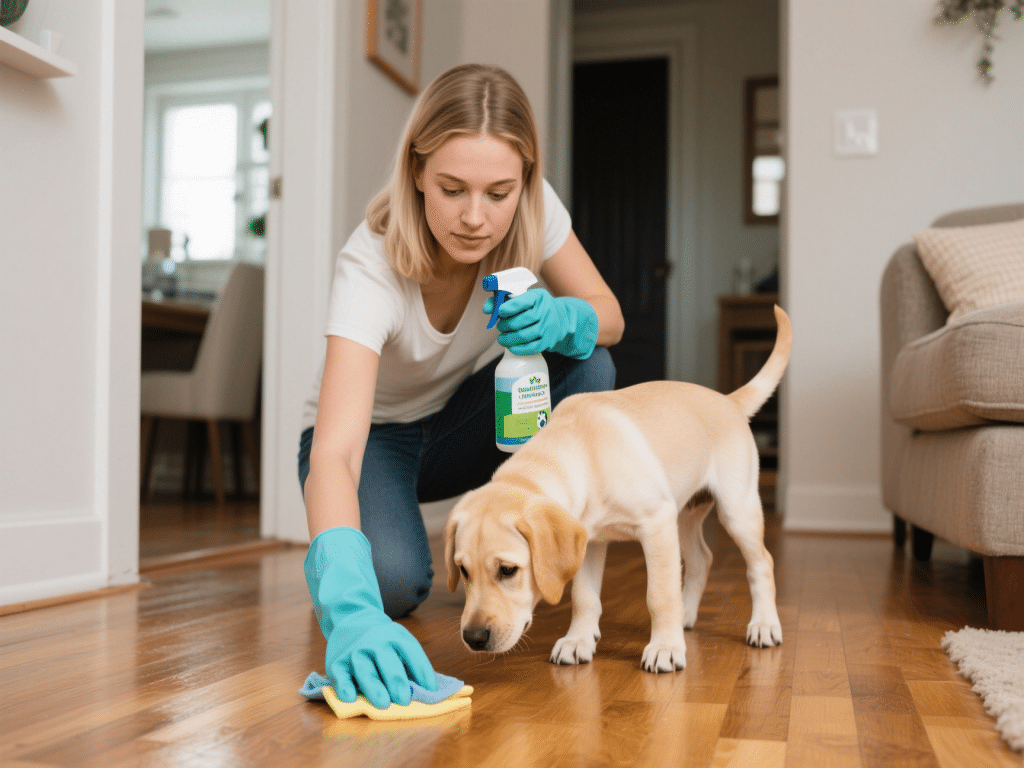
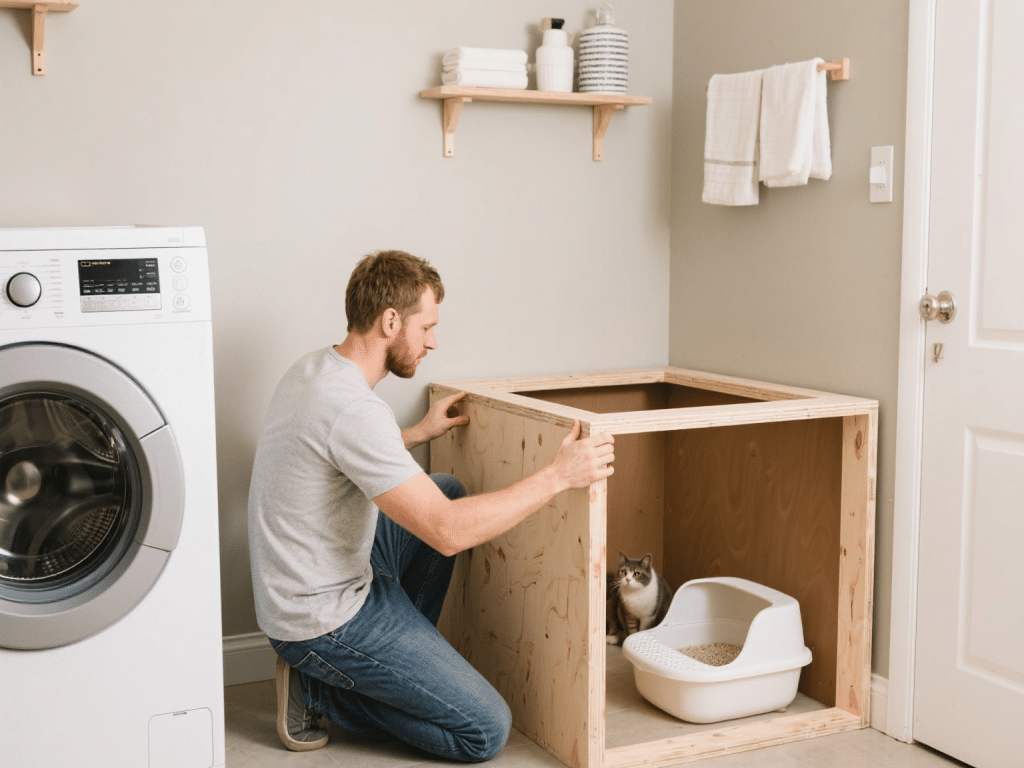
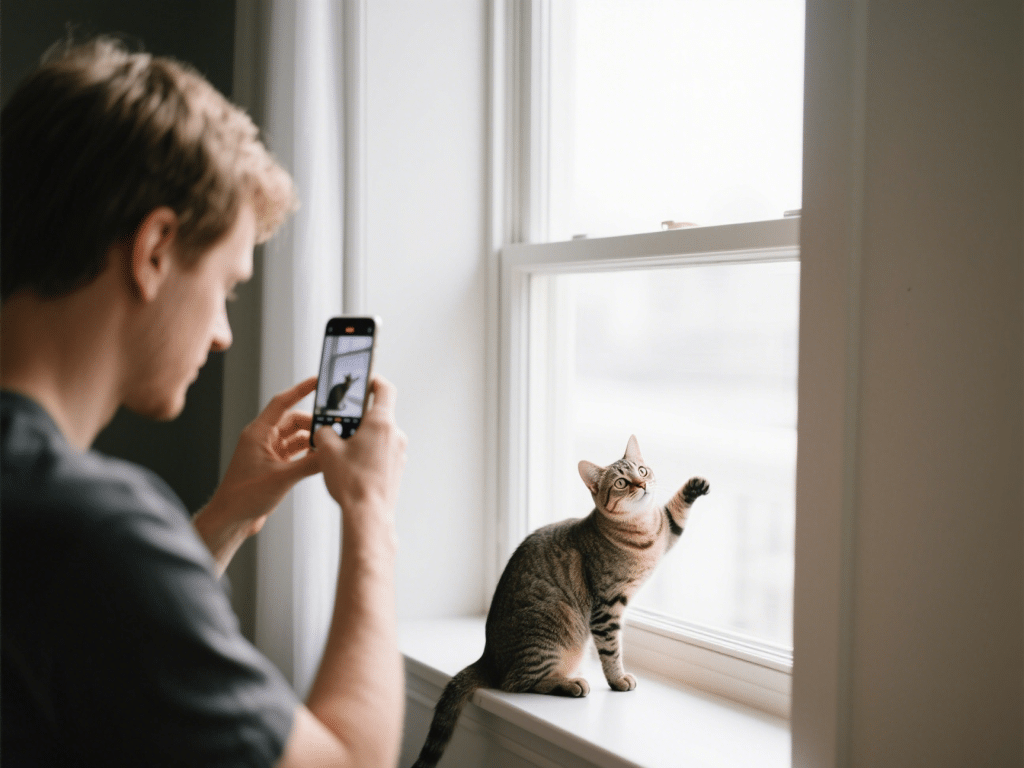
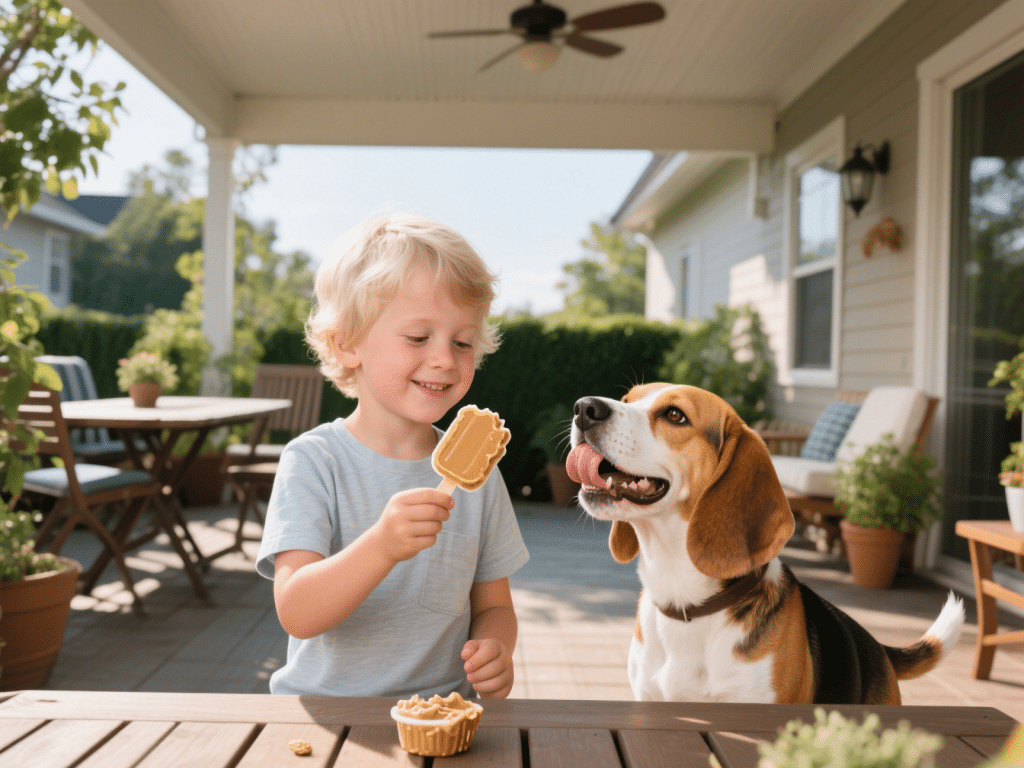
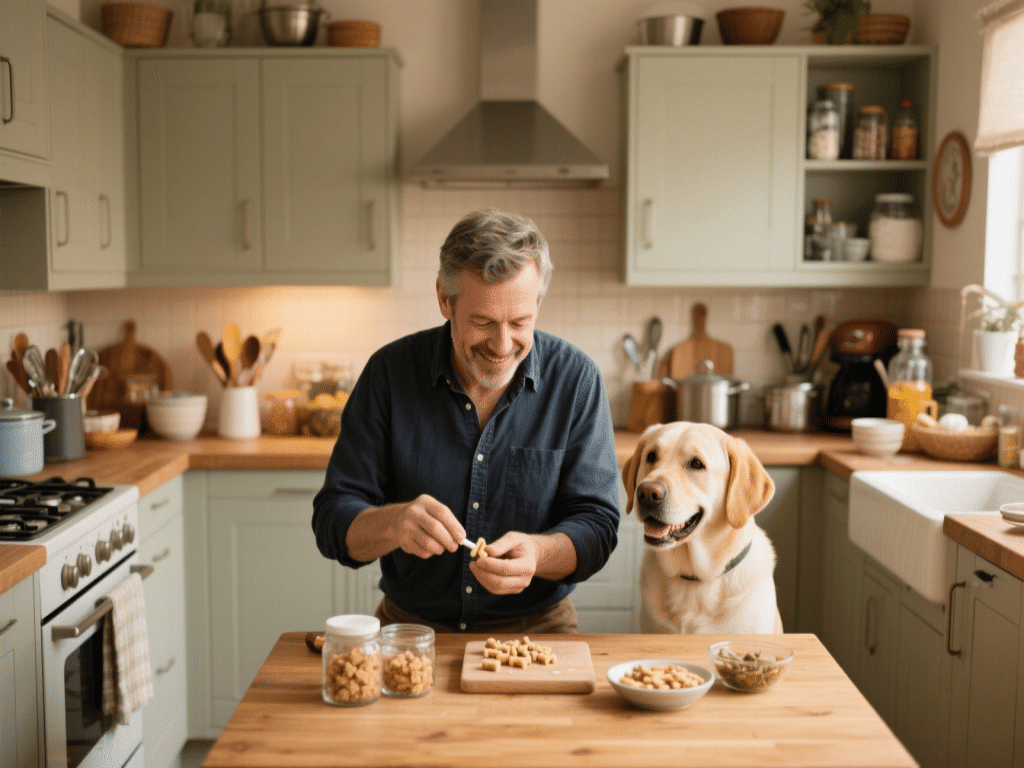
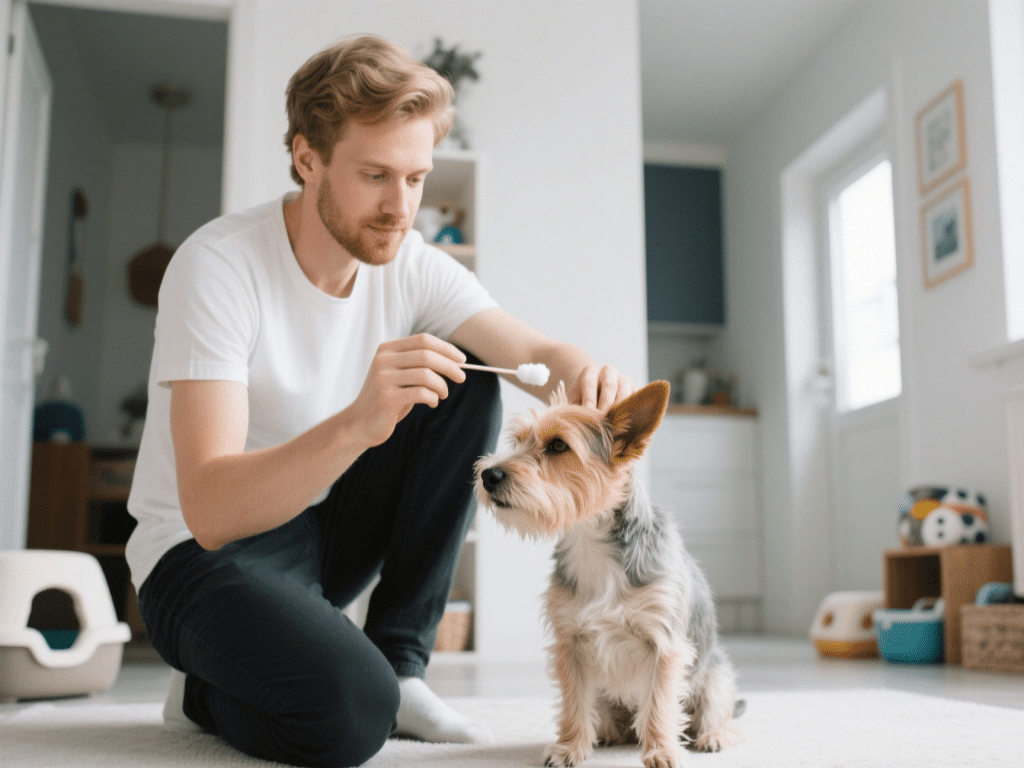
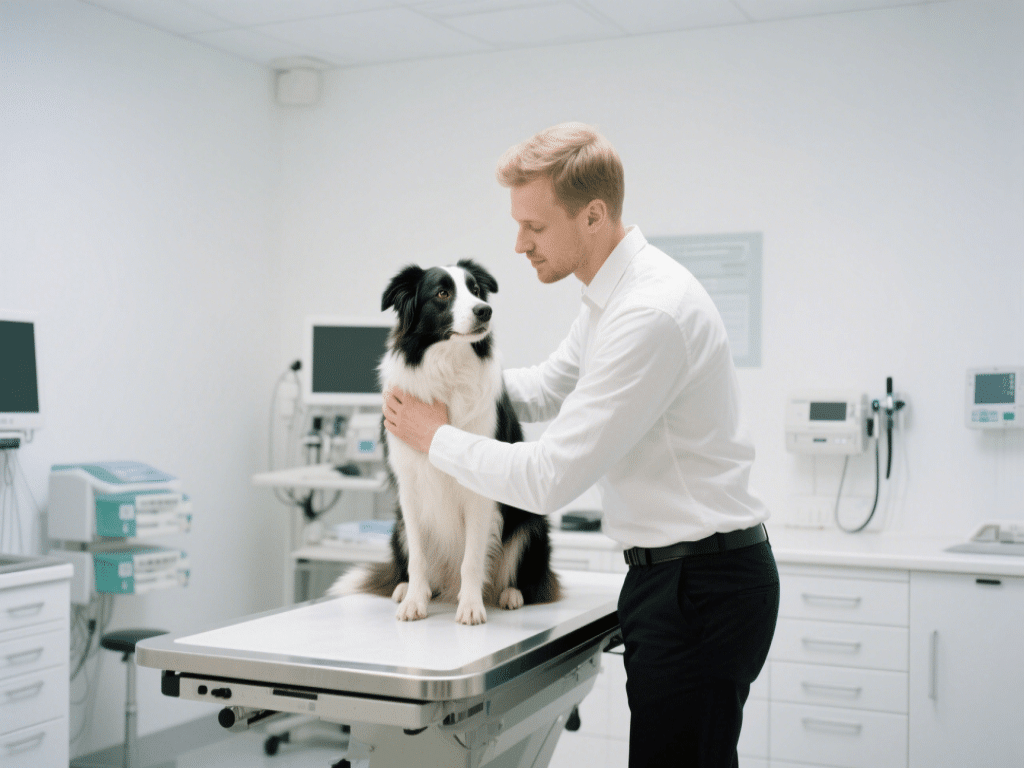
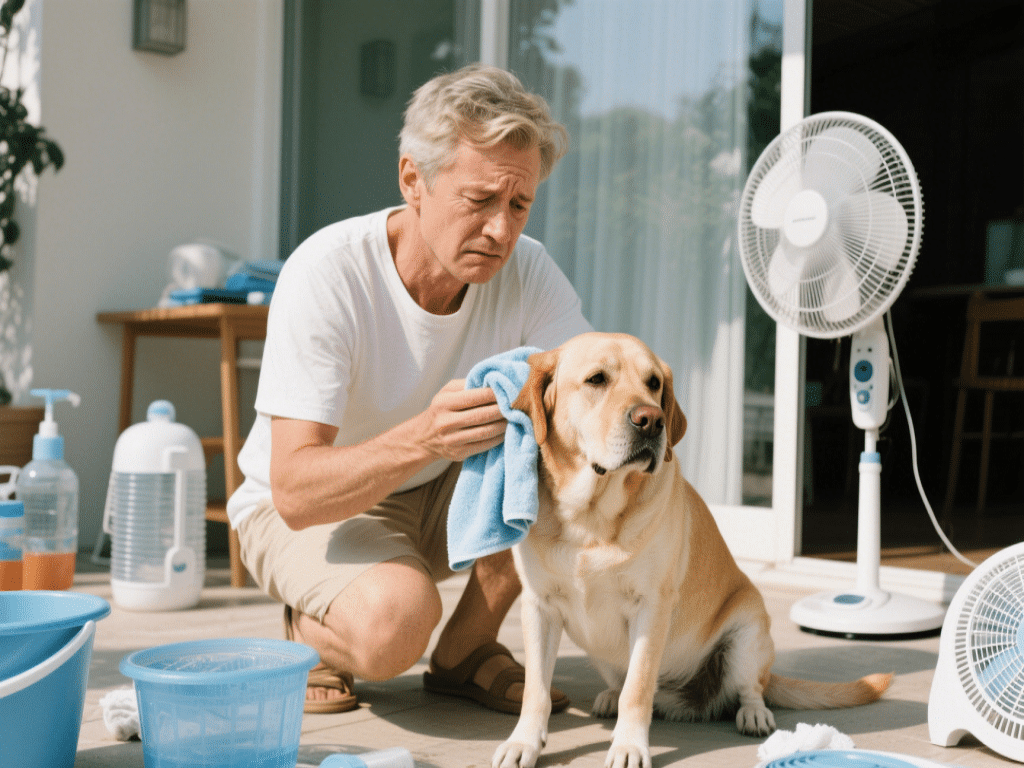
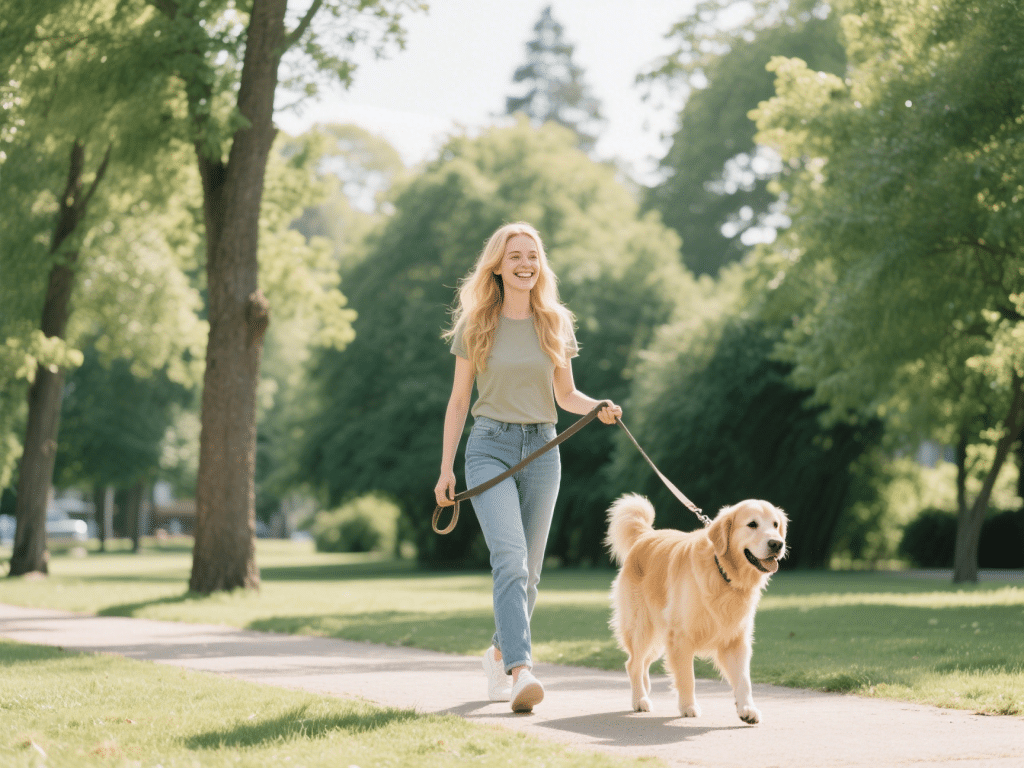
Comments on "The Safest Cleaning Products to Use Around Pets" :